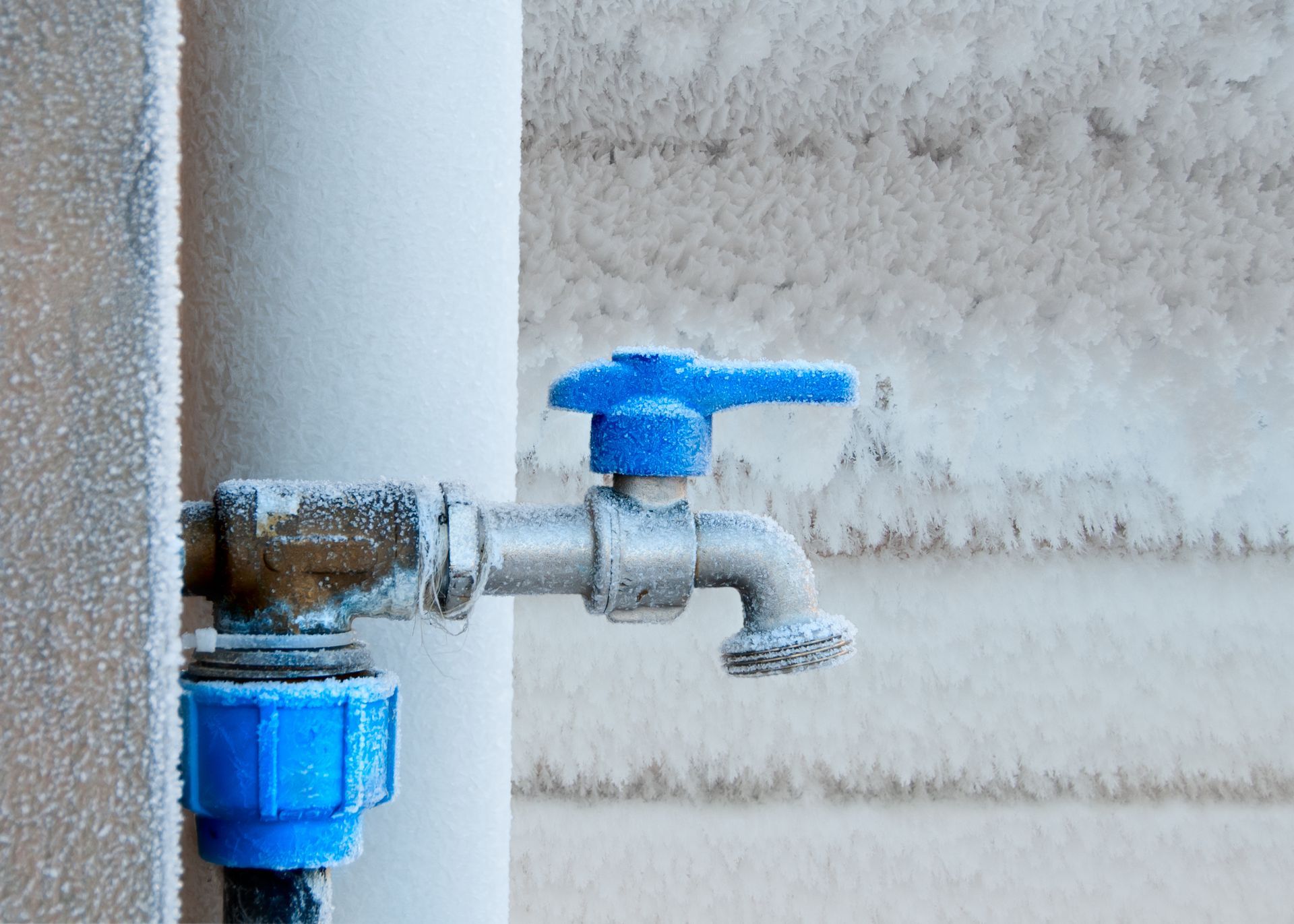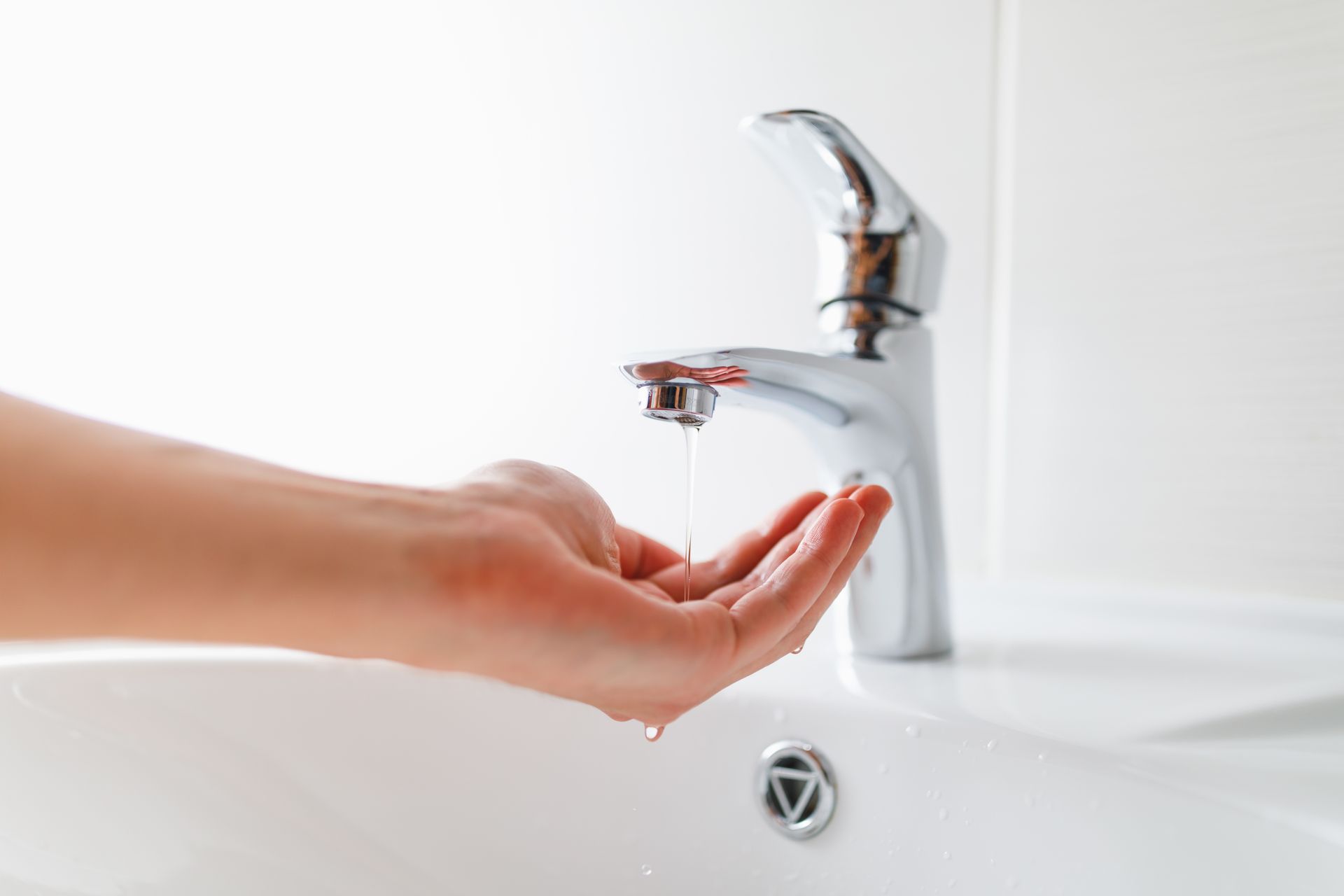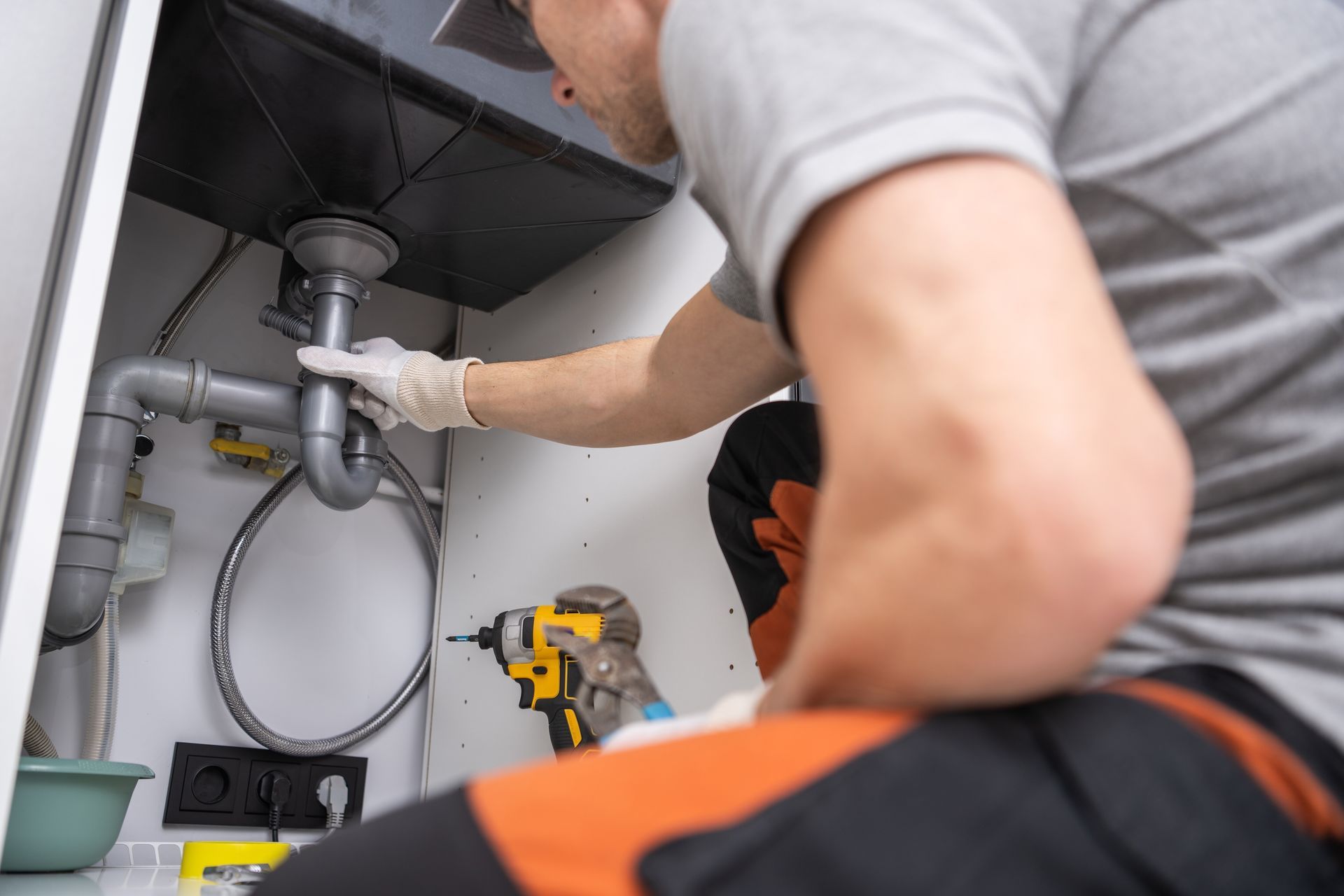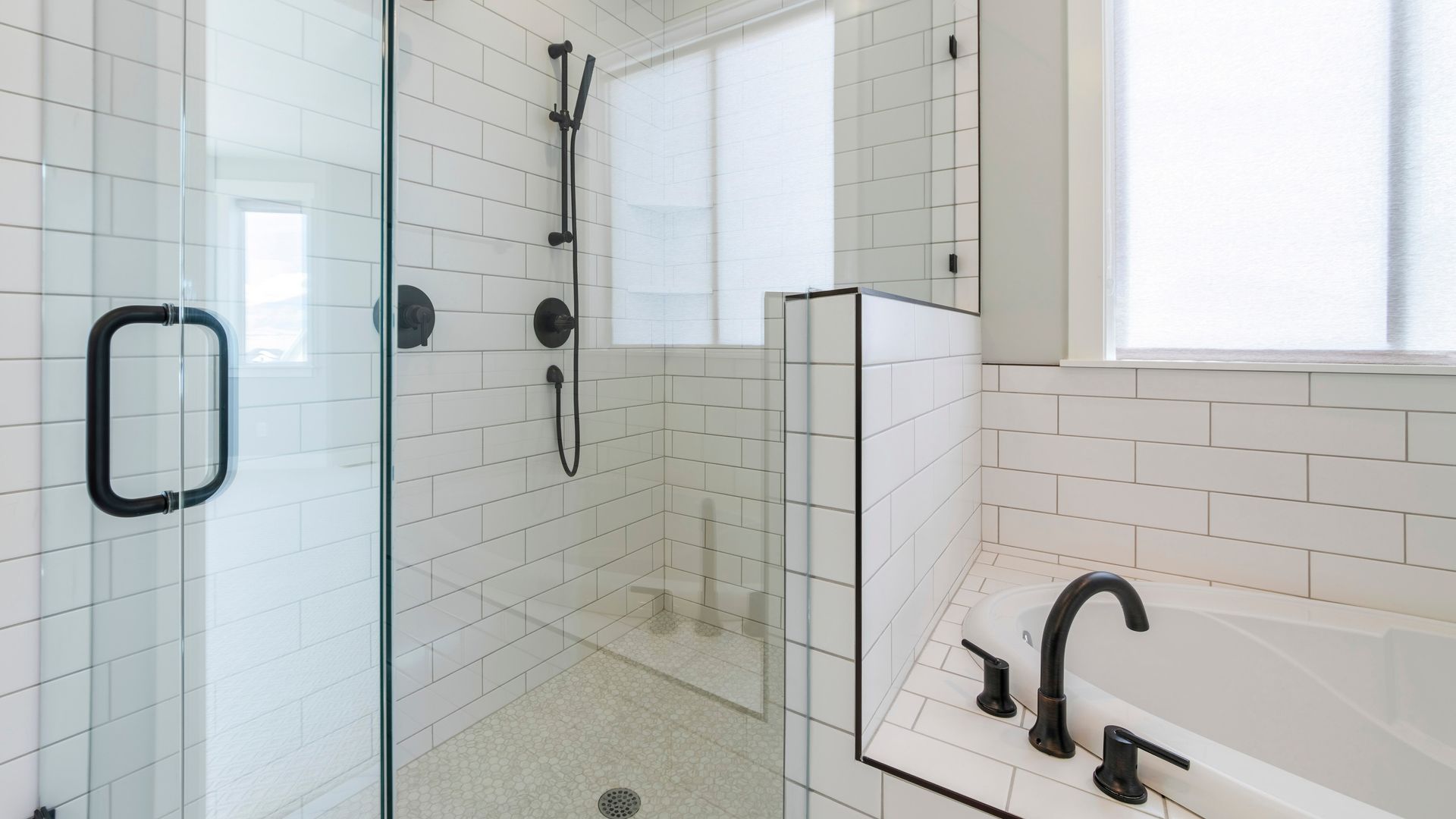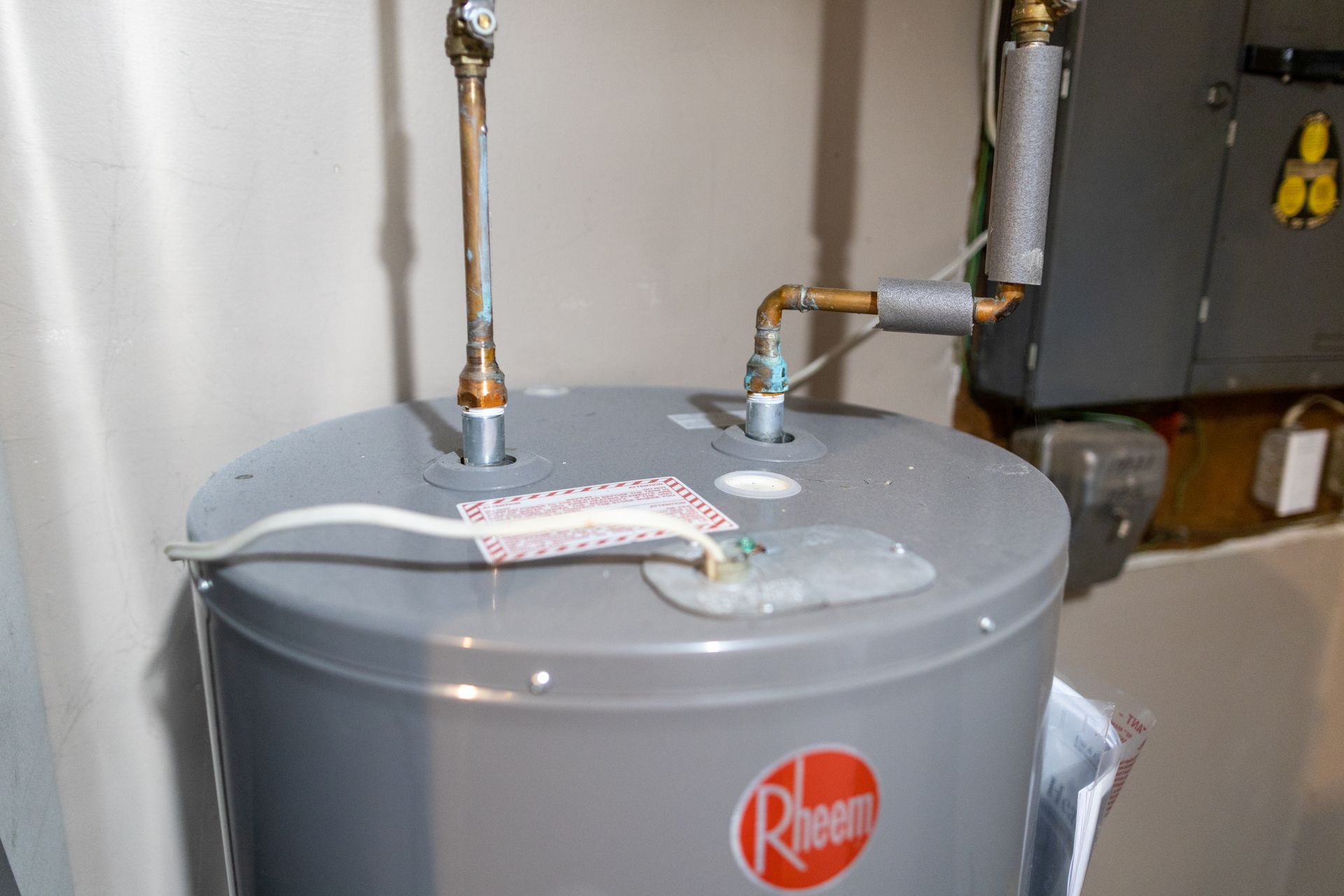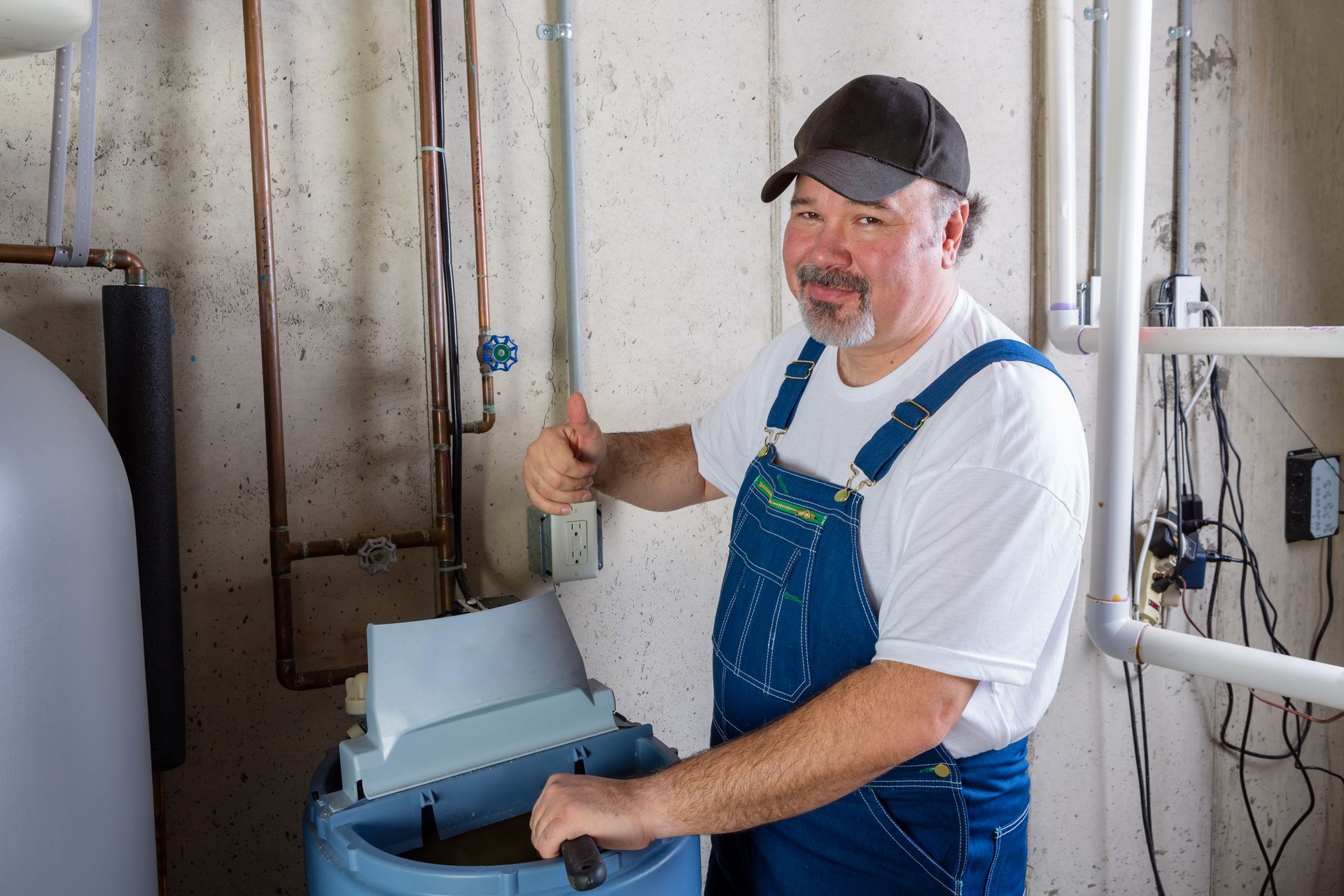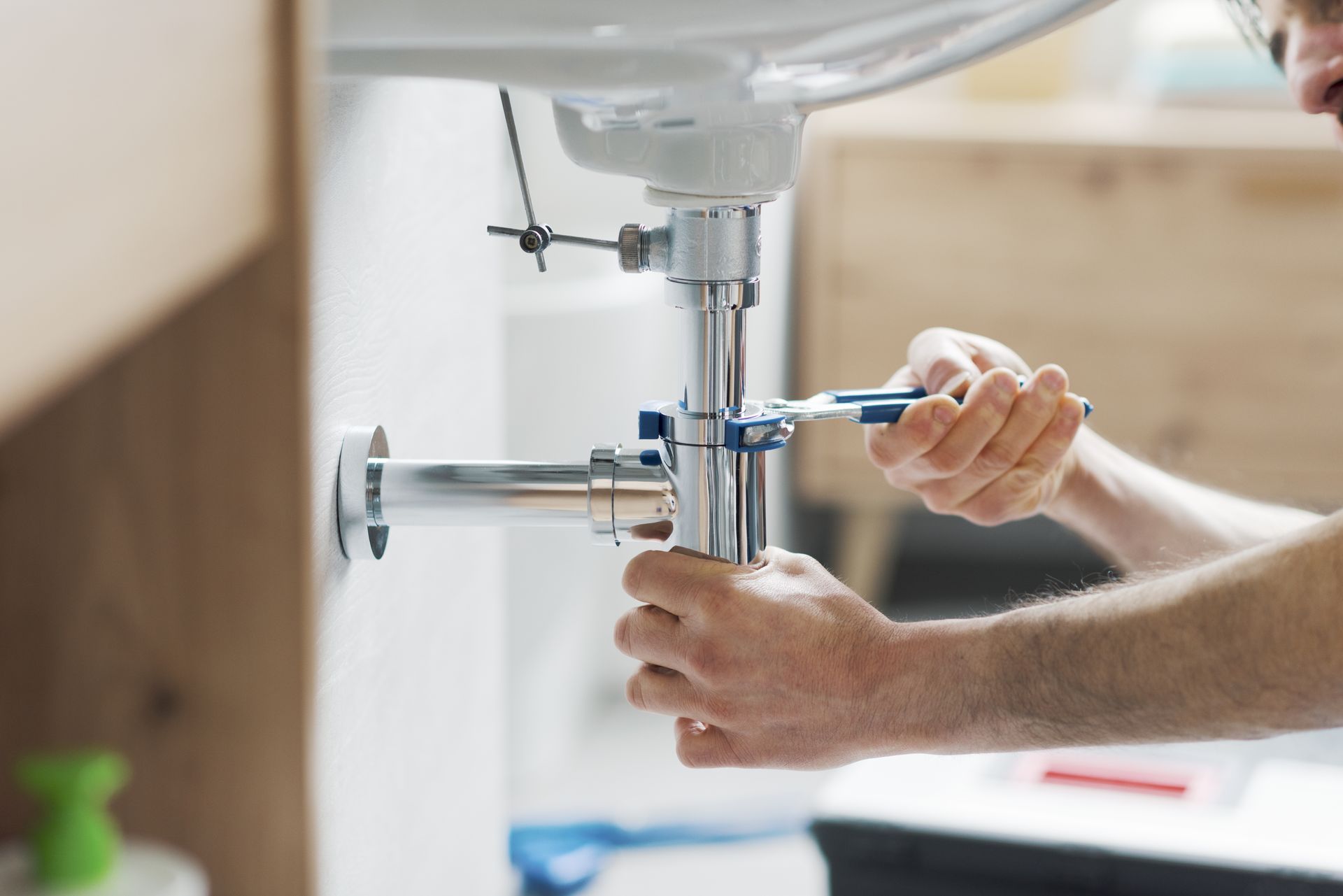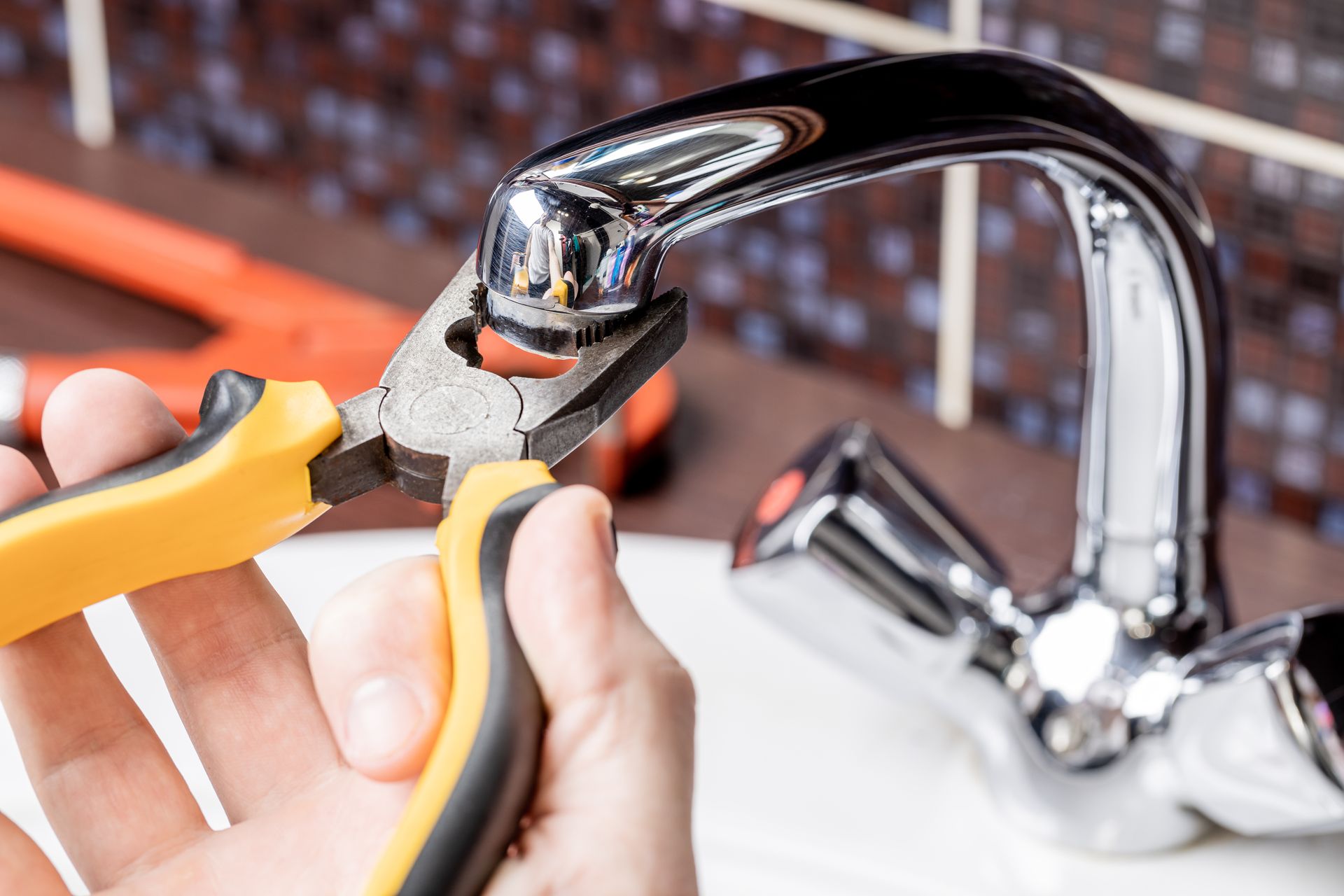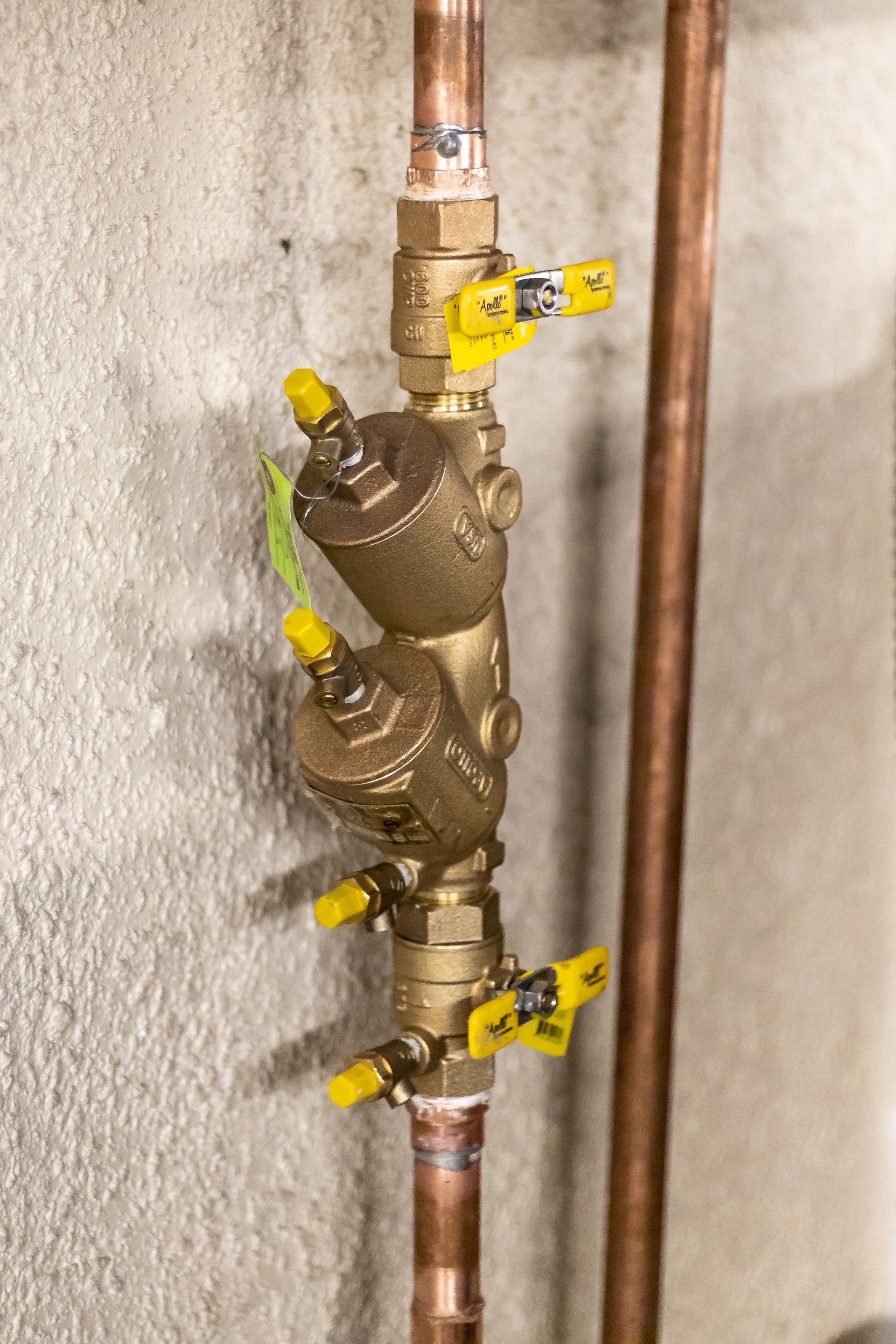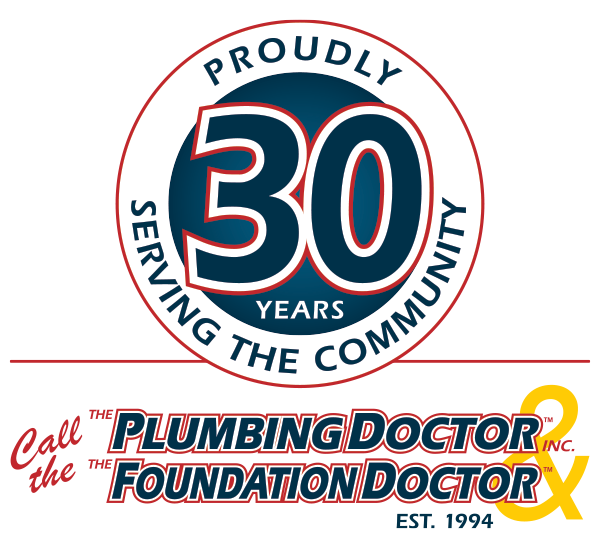Top 3 Plumbing Problems And How You Can Prevent Them?
1. Clogged Drains
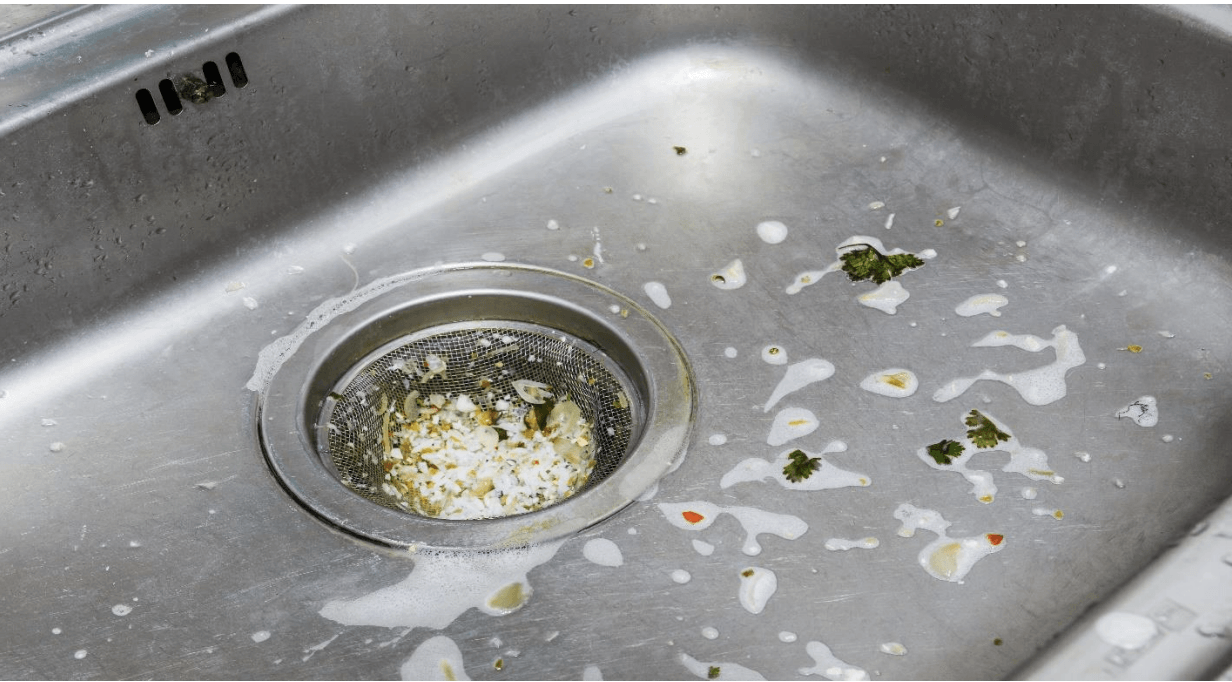
Clogged drains
are among some of the most common plumbing problems so here are some ways you can prevent them in both your bathroom and kitchen.
It is very important to be conscious about what goes down the drain as something like food waste or grease could easily block the flow of water. Purchasing a mesh or plastic drain filter will help with stopping any food waste, hair, or any small objects that could possibly clog the drain. If you have young children, reminding them that the toilet is for toilet paper and waste only could prevent an unnecessary backup. If you have animals, their winter coats will be shedding and instead of bathing them in the tub, you could wash them outside to prevent a blockage from the excess hair.
We also do not recommend flushing 3 ply toilet paper, paper towel, or “flushable” wipes despite the fact that they are advertised as flushable, they do still clog drains.
2. Clogged Rain Gutter
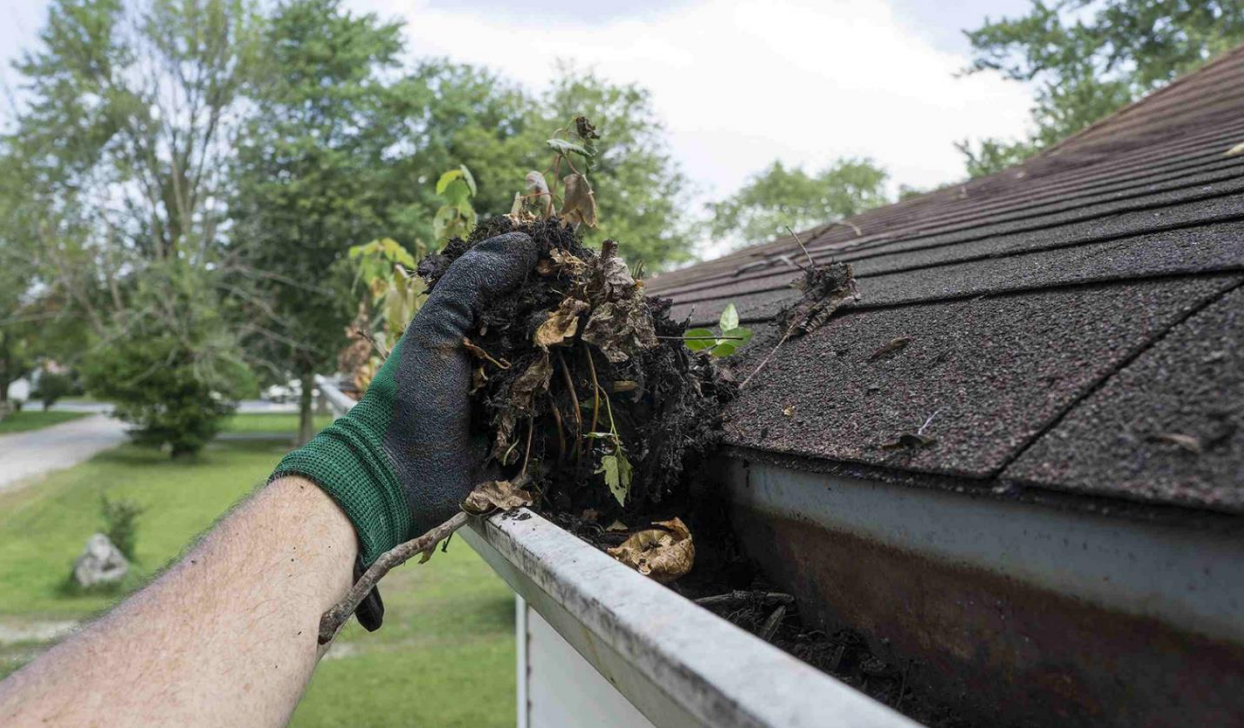
The purpose of a rain gutter is to collect water and drain it safely away from the house, but when it becomes clogged, it poses a serious threat.
A house experiences a ton of weathering throughout the colder months and it is not uncommon for your rain gutter to be clogged by leaves or ice. As the weather warms, it is important to check your rain gutter for any blockage to allow proper water flow.
Trimming overhanging trees will reduce the number of leaves that may fall in your rain gutter. Regular cleaning combined with a gutter guard is good way to prevent leaves from clogging both the gutter and the downspout.
Having a properly functioning rain gutter will reduce the risk of a flooded lawn, a flooded basement, and a drained wallet.
3. Washing Machine Care
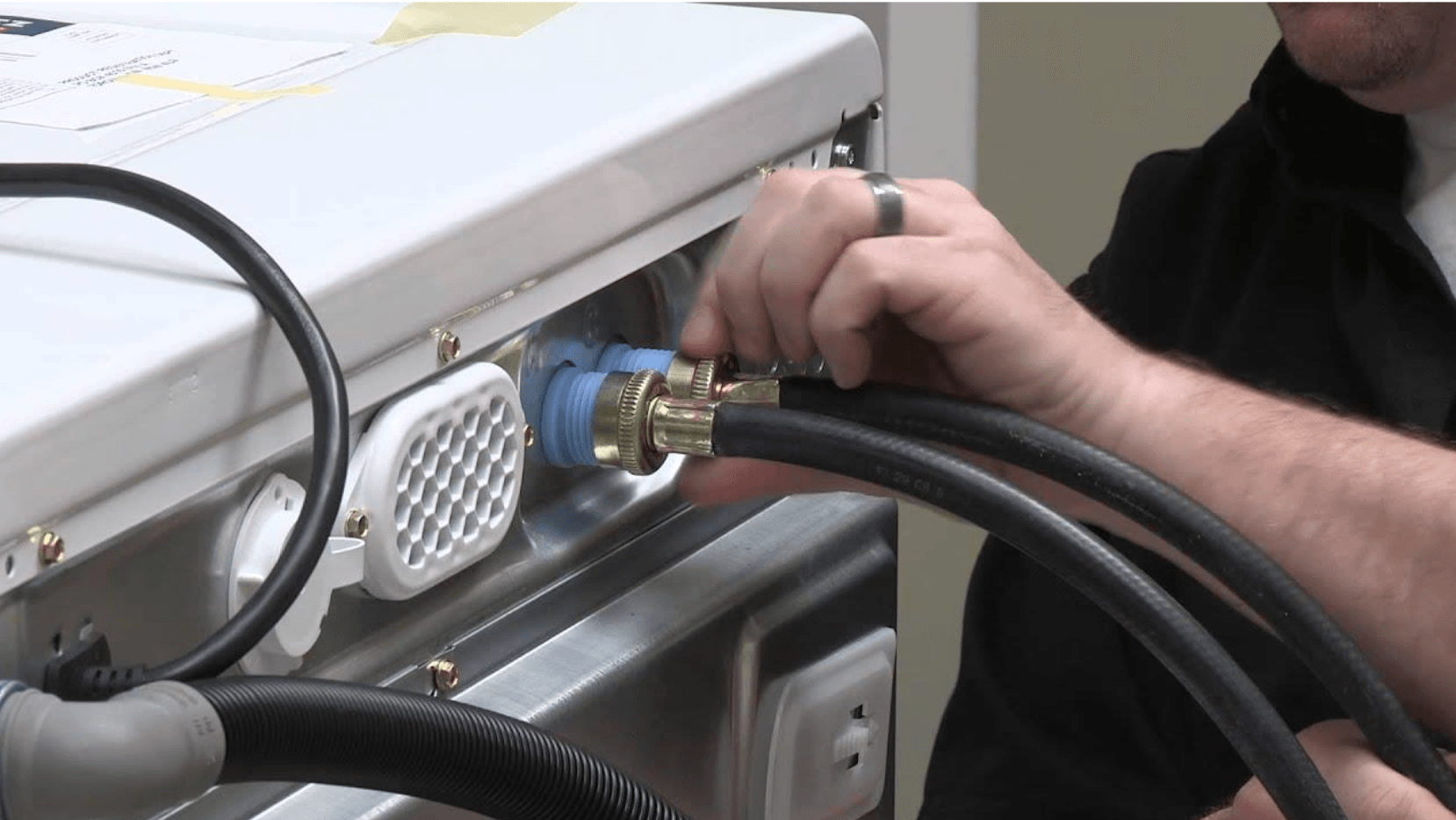
While some people advocate that the wintertime generates more laundry due to the number of layers, the warmer weather usually generates more dirt, resulting in added stress to your washing machine.
A washing machine doesn’t receive a steady break, but the changing of seasons is a good time to conduct a routine maintenance check. Examining the connections and appearance of the hoses is a good way to gauge whether or not you are prepared to handle your next load of whites.
Bulges, cracks, or evidence of a water leak are all good indicators that you should replace any hoses that are cracked or look distressed. Rubber washing machine hoses are best turned off when not in use and replaced every 5 years, but we suggest braided hoses that are rated for constant pressure as they last longer and only require replacement every 10 years or at the first sign of wear. That’s a lot of laundry!
We hope you find these tips and insights helpful.
If you have any further questions or are experiencing any of these issues, feel free to Call The Plumbing Doctor and book a service call or free quote today
905-432-1625

